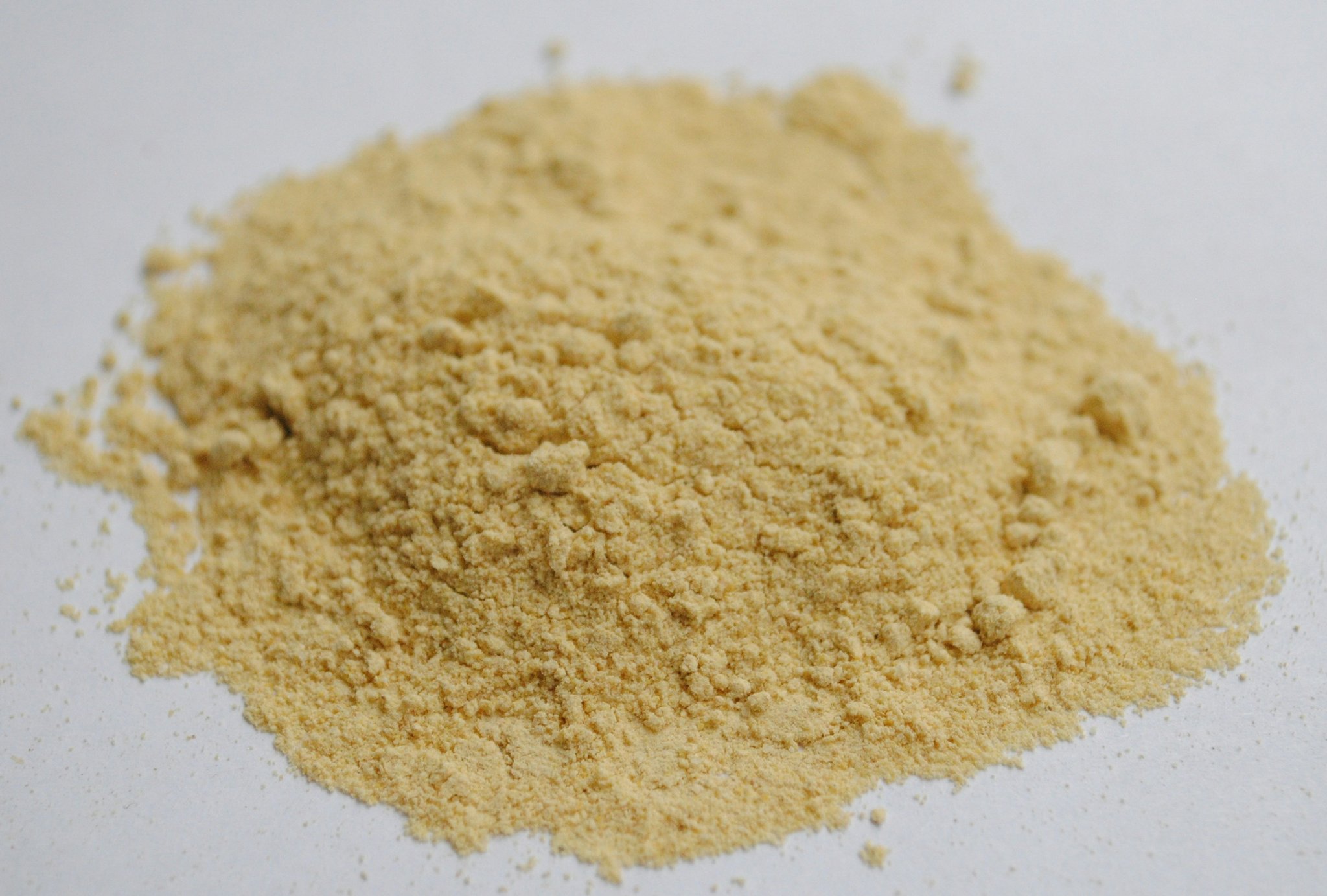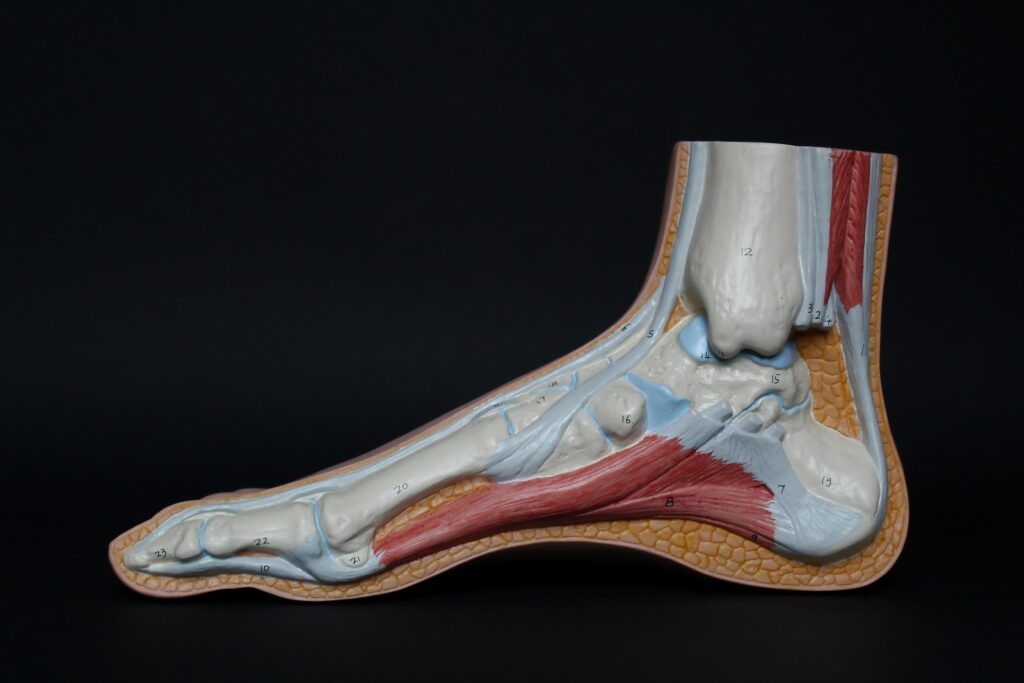Ever noticed your dog limping after a long hike or your cat slowing down with age? You’re not alone. Millions of pet parents face the same struggle: how to naturally alleviate inflammation in their furry companions without resorting to heavy medications. Enter turmeric inflammation relief. Spoiler alert: it’s been changing lives—both human and animal—and this guide will show you how.
Table of Contents
- Why Turmeric is a Game-Changer for Pets
- How to Safely Use Turmeric Supplements
- Top Tips for Maximizing Results
- Real-Life Success Stories of Turmeric Relief
- FAQs About Turmeric for Pets
Key Takeaways
- Turmeric contains curcumin, which has powerful anti-inflammatory properties beneficial for pets suffering from arthritis, joint pain, and other inflammatory conditions.
- Always consult your veterinarian before introducing turmeric supplements into your pet’s diet.
- Quality matters; choose organic, pet-specific turmeric supplements free of unnecessary additives.
Why Turmeric is a Game-Changer for Pets
Let me confess something horrifying. Last year, I accidentally fed my rescue pup, Max, leftover curry (yes, the one packed with onion and garlic). Long story short, he was fine—but my vet still gave me the side-eye during his next checkup. That’s when we stumbled upon turmeric as an alternative for managing inflammation safely.

The Science Behind It: Curcumin, the active ingredient in turmeric, fights inflammation at its root by inhibiting certain enzymes that trigger swelling. It’s like sending tiny ninjas into your pet’s body to fight off those pesky inflammations. Studies even suggest it may improve mobility in senior dogs and cats!
“Optimist You:* ‘This sounds amazing!’
Grumpy You: ‘But does this mean I have to cook fancy meals for Fido every day?’ Fear not—we’ll get to the easy part later.”
How to Safely Use Turmeric Supplements
Now let’s dive into the nitty-gritty. Here’s a step-by-step guide to using turmeric for your pet:
Step 1: Consult Your Vet
First things first—always run any supplement plan by your veterinarian. While turmeric is generally safe, some pets (like those on blood thinners) might react poorly.
Step 2: Choose Quality Products
Not all turmeric supplements are created equal. Look for options made specifically for pets, ideally certified organic. Avoid anything with fillers like artificial flavors or excessive sugars.
Step 3: Start Small
Begin with small doses mixed into food. A good starting dose is about 1/8 teaspoon per 10 pounds of body weight. Adjust based on your vet’s advice.

Top Tips for Maximizing Results
- Combine with Healthy Fats: Curcumin absorbs better when paired with fats like coconut oil or fish oil.
- Stay Consistent: Like building muscle, consistency is key. Don’t expect overnight miracles.
- Avoid Overdosing: Too much turmeric can upset sensitive stomachs, so stick to recommended amounts.
- Track Progress: Keep a journal noting changes in your pet’s energy levels, mobility, and overall behavior.
Real-Life Success Stories of Turmeric Relief
Meet Bella, a 12-year-old Labrador who had trouble climbing stairs due to hip dysplasia. After six weeks of adding turmeric to her diet, her owner reported significant improvements in Bella’s willingness to play fetch again. And yes, she could finally conquer those dreaded stairs without hesitation.

FAQs About Turmeric for Pets
Q1: Can turmeric cure chronic diseases?
No, it’s a natural aid, not a cure-all. Think of it as a supportive ally rather than a magic pill.
Q2: What if my pet refuses to eat it?
Mix it with wet food, yogurt, or broth to mask the taste. Most pets adapt quickly!
Q3: Are there any bad tips floating around?
Yes, unfortunately. Some sources recommend giving raw turmeric indiscriminately, but that can irritate the digestive tract. Always opt for pet-formulated versions.
Rant Time: The Pet Supplement Industry
Honestly, navigating pet health products feels like walking through a minefield of marketing buzzwords. Every label screams “all-natural” or “miracle worker,” making it hard to find trustworthy brands. That’s why research, skepticism, and consulting your vet are essential.
Conclusion
In conclusion, turmeric inflammation relief offers a promising solution for pets dealing with pain and reduced mobility. By following these steps and staying vigilant, you can support your beloved companion naturally. Remember—it’s all about finding what works best for YOUR fur baby.
Chef’s kiss moment: Dogs wagging tails, cats purring louder, and peace restored in households everywhere.
P.S. Here’s a bonus haiku just for fun:
Golden spice glows bright, Paws move freely once more— Nature heals softly.


